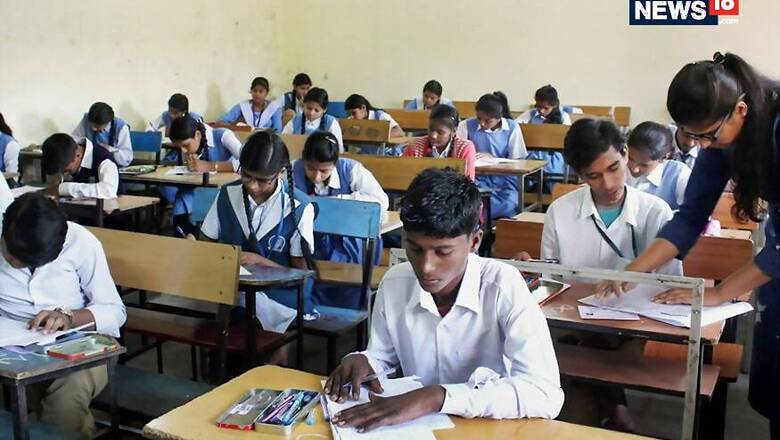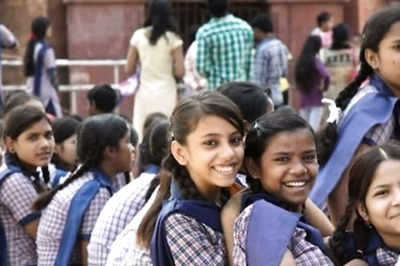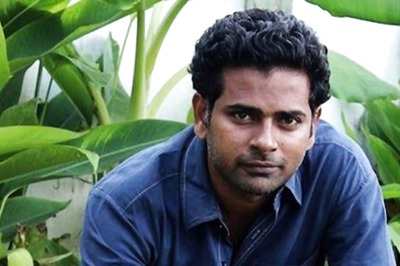
views
Davos: India has moved up eight places to the 72nd position in the 2020 Global Talent Competitiveness Index that measures and ranks countries based on their ability to grow, attract and retain talent.
Switzerland topped the list of 132 countries, followed by the US and Singapore.
"Although more could be done to improve the country's educational system (68th in Formal Education), India's key strength relates to growing (44th) talent, due to its levels of lifelong learning (40th) and access to growth opportunities (39th)," the Global Talent Competitiveness Index (GTCI) report noted.
The country's highest-ranked sub-pillar is employability, but the ability to match labour market demand and supply stands in contrast to the country's poor "mid-level skills", which result in a mediocre score in vocational and technical skills, the report said.
India's greatest challenge is to address its weak ability to attract and retain talent, where strengthening the role of minorities and women would raise the level of internal openness, it added.
The report was launched by INSEAD, a partner and sponsor of the United Nation's Sustainable Development Goals (SDGs) Tent in Davos, Switzerland on Wednesday.
Switzerland topped this year's ranking, followed by the US, its highest position yet, while Singapore is the third most talent-competitive country.
Other countries in the top 10 include Sweden at the 4th position, Denmark (5th), the Netherlands (6th), Finland (7th), Luxembourg (8th), Norway (9th) and Australia (10th).
The report further said that India's GTCI score and GDP per capita are both lower than the corresponding medians of its other emerging market economies such as BRICS -- Brazil, Russia, China, and South Africa.
"Thus, the country's talent competitiveness is in line with what would be expected given its income level," it noted.
China was ranked at the 42nd place, Russia (48th), South Africa (70th) and Brazil (80th).
The report said the gap between high income, talent-rich nations and the rest of the world is widening. More than half of the population in the developing world lack basic digital skills.




















Comments
0 comment